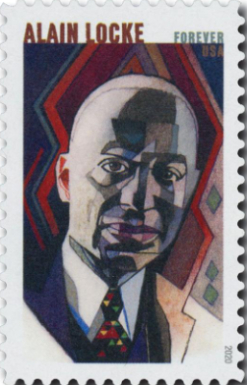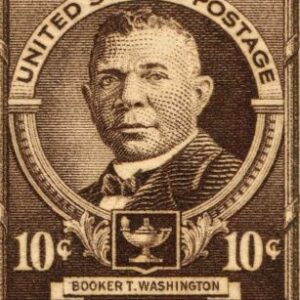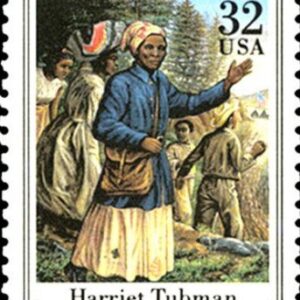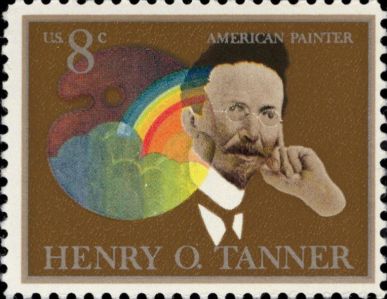Description
Arturo Schomburg . Nella Larson . Alain Locke , Anne Spemser
Alain LeRoy Locke (September 13, 1885 – June 9, 1954) was an American writer, philosopher, educator, and patron of the arts. He is best known as the leader of the Harlem Renaissance. Locke is often referred to as the “Father of the Harlem Renaissance”. He is known for his “New Negro” philosophy, which advocated for the celebration of African-American culture and encouraged the pursuit of higher education.
Locke was born in Philadelphia, Pennsylvania and was the only African American in his class at Harvard University, from which he graduated in 1907. He was the first African American Rhodes Scholar, studying at Oxford University from 1907 to 1910.
In his career as a professor, Locke taught at Howard University, where he was chair of the Department of Philosophy from 1912 to 1953. He was also the editor of the prominent Negro magazine Opportunity from 1923-1928.
Locke is remembered for his essays and books on African-American culture, such as The New Negro (1925). He was a major influence on the development of African-American literature and art. His works encouraged a celebration of African-American identity and culture, and helped to create an environment where African-American artists and intellectuals could express themselves and gain recognition. He was also an early critic of the black experience in America, writing about the need to end racial discrimination and to improve opportunities for African Americans.
Locke died in 1954, but his legacy lives on in the works of African-American writers, artists, and intellectuals who were inspired by his ideas. His influence can be seen in the works of Langston Hughes, Zora Neale Hurston, and other writers of the Harlem Renaissance.





Reviews
There are no reviews yet.